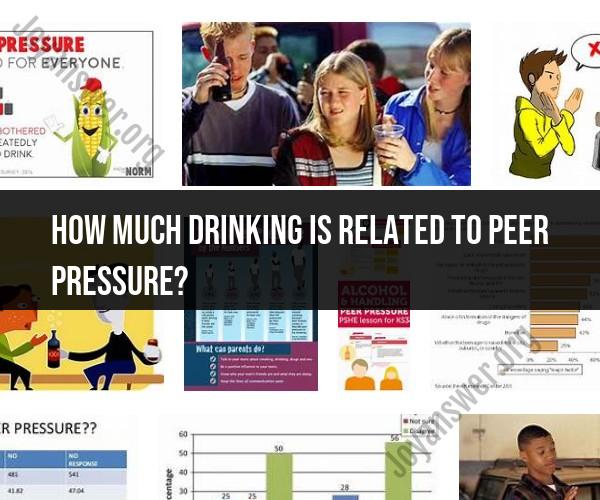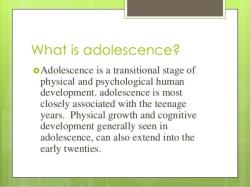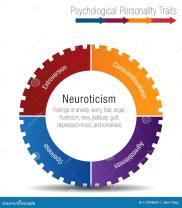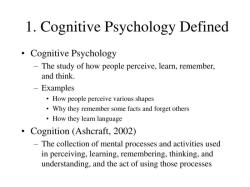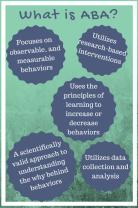How much drinking is related to peer pressure?
The relationship between peer pressure and drinking varies depending on individual factors, peer group dynamics, and social contexts. Peer pressure can influence drinking behaviors, but the extent to which it does can vary widely. Here are some key points to consider:
Vulnerability to Peer Pressure: Not everyone is equally susceptible to peer pressure. Some individuals are more resistant and better able to make independent decisions, while others may be more influenced by their peers.
Adolescent and Young Adult Influence: Peer pressure tends to be more pronounced during adolescence and young adulthood when individuals are more likely to seek social acceptance and establish their identities. This is a time when experimentation with alcohol may be more common.
Conformity: People often conform to the behaviors and attitudes of their peer group to fit in or gain approval. If a peer group engages in drinking, individuals may be more likely to drink as well to conform to the group norm.
Social Situations: The context in which peer pressure occurs can influence drinking behaviors. For example, at parties or social gatherings where alcohol is readily available, the pressure to drink may be higher.
Desire for Social Connection: Many individuals value their social relationships and may engage in drinking to maintain or strengthen their social connections with peers. The fear of social exclusion can be a powerful motivator.
Risk Factors: Certain risk factors, such as a family history of alcohol use disorder, may increase an individual's susceptibility to peer pressure related to drinking.
Protective Factors: Conversely, protective factors, like strong parental guidance, education about the risks of alcohol, and positive role models, can mitigate the influence of peer pressure.
Awareness and Education: Some individuals are less likely to succumb to peer pressure if they are well-informed about the risks associated with alcohol use and have the confidence to make informed decisions.
Cultural and Regional Variations: The impact of peer pressure on drinking can vary across cultures and regions. Some cultures may have more permissive attitudes toward alcohol, while others may have stricter norms.
It's essential to recognize that while peer pressure can play a role in influencing drinking behaviors, it is not the sole determinant. Personal values, beliefs, self-esteem, and the presence of positive social influences also significantly affect an individual's decisions regarding alcohol consumption.
Preventive efforts often focus on education, building resilience, and providing support systems for individuals to make informed and healthy choices when faced with peer pressure related to drinking. Additionally, fostering open communication between parents and children or within peer groups can help individuals feel more comfortable discussing the impact of peer pressure and making responsible choices.
